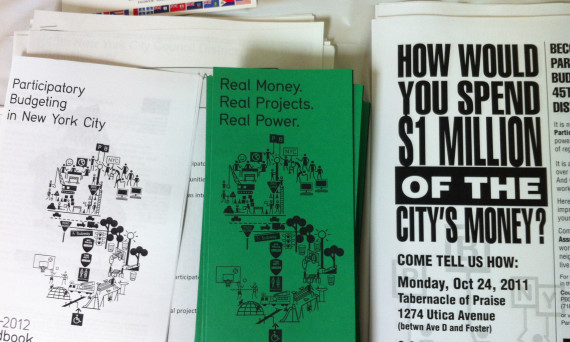Ив Кабанн - профессор Университетского колледжа Лондона.
Participatory budgeting (PB) has been a major innovation in participatory governance worldwide, with more than 3,000 experiences listed across 40 countries. PB has also diversified over its 30 years, with many contemporary experiments (referred to as PBs) only tangentially related to the original project to “radically democratize democracy”.
After presenting analytical tools to differentiate PBs, we propose a taxonomy to distinguish the logics currently underpinning PB in practice: political (for radical democratic change), good governance (to improve links between the public and citizens’ spheres within a neo-liberal logic), and technocratic (to optimize the use and transparency of public resources for citizens’ benefit).
Illustrating these competing rationales through contemporary experiences from different cities in the world, we reflect on the contributions and limits of the good governance and technocratic frameworks to managerial and state modernization. Undoubtedly, these help explain the expansion of these types of PBs and their growing attraction for proponents of the good governance agenda.
However, rekindling PB’s promise for profound democratic deepening, we argue, requires refocusing on its deliberative quality and political dimension. We draw attention to civic education, centrality of people’s capacity to decide on the PBs rules and projects priorities, significant amount of resources debated and empowerment of participants as key components to opening pathways towards alternative political systems and materializing Henri Lefebvre’s “Right to the City”.
Image: By Daniel Latorre - https://www.flickr.com/photos/neotint/6267976938, CC BY 2.0, https://commons.wikimedia.org/w/index.php?curid=62853174
